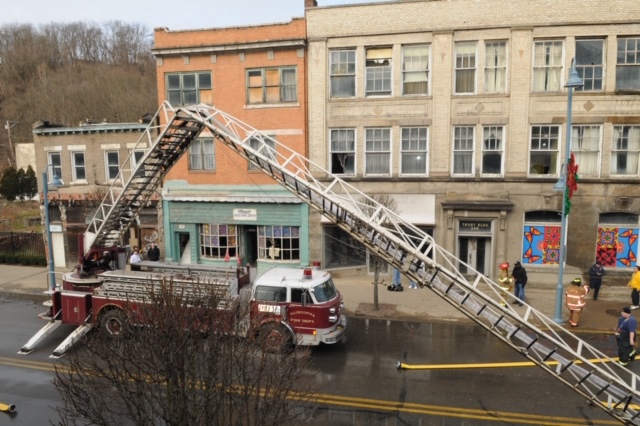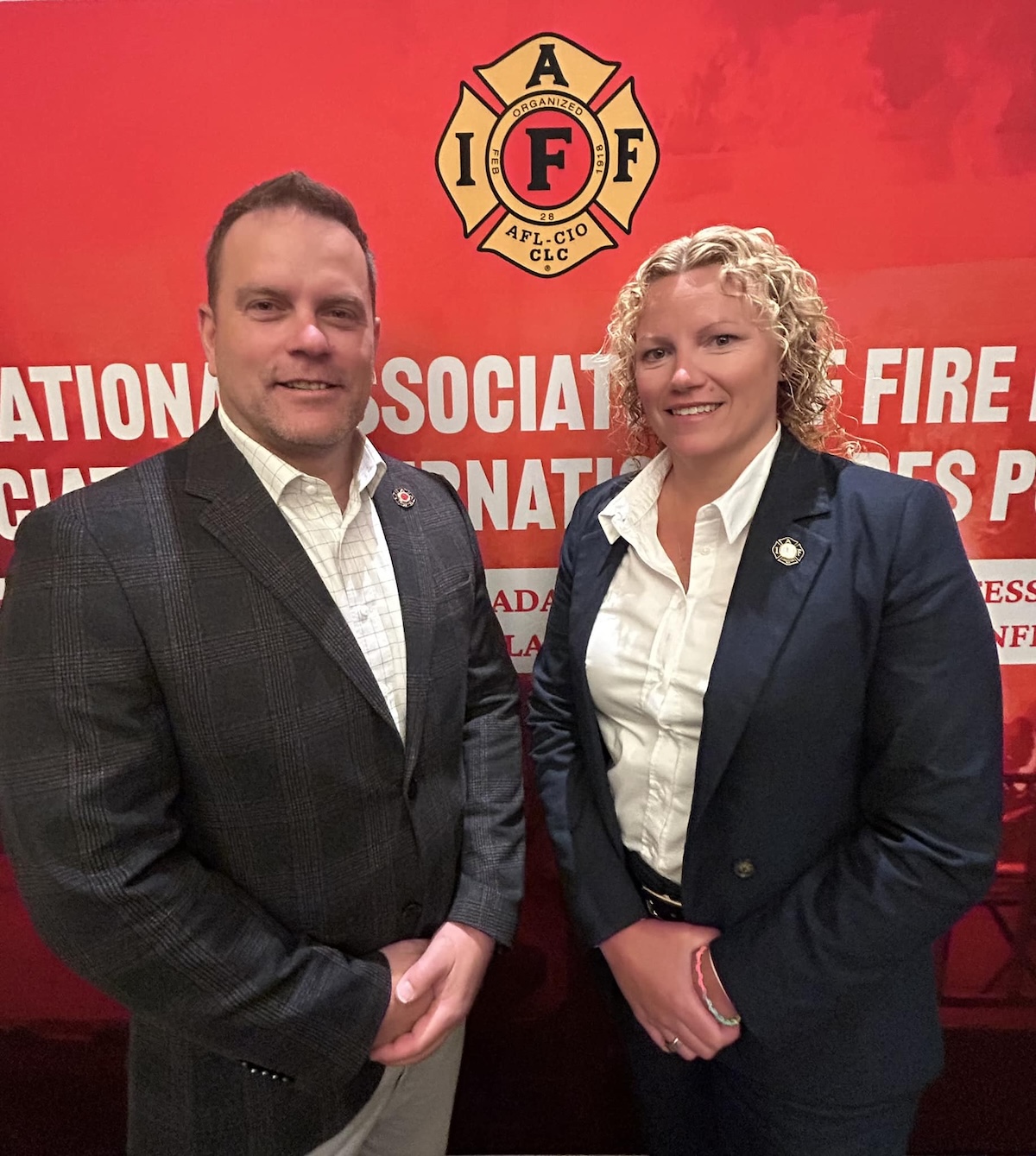State affiliates are making strong gains toward enacting legislation providing presumptive protections and other benefits for fire fighters and paramedics confronting occupational post-traumatic stress and other behavioral health issues.
The Professional Fire Fighters Association of Alabama (PFFA) has been working hard to educate state lawmakers on the devastating toll post-traumatic stress injuries (PTSI) can have on fire fighters/EMS personnel and fire departments.
Lawmakers are listening. The Alabama state House of Representatives in February overwhelmingly passed a bill that would require counties and municipalities to reimburse fire fighters for insurance copayments for treatment of PTSI. The bill would also provide disability payments totaling 66 2/3 percent of salary for two years for fire fighters who have left the job to address a PTSI.
PFFA President David Harer says he is confident the Alabama state Senate will pass companion legislation during the current legislative session set to end this spring.
“For two years now, we have been working to educate lawmakers on this issue and create legislation that a broad coalition can get behind,” says Harer. “This is really a strong testament to what we are trying to do here in Alabama.”
Meanwhile, the Pennsylvania Professional Fire Fighters Association (PPFFA) is rapidly gathering support for a bill in the state General Assembly to add PSTI as an occupational injury for fire fighters and other first responders and coverage under workers’ compensation laws.
The bill, HB 432, was tabled on the last day of the last session of the General Assembly. PPFFA President JT Pennington says similar legislation will be introduced this session and he is confident it will pass. The presumptive bill has a bipartisan group of 88 cosponsors and the strong support of Pennsylvania Governor Tom Wolf.
Pennington has been a powerful messenger for changing workers’ compensation law in Pennsylvania to include PTSI for fire fighters. His testimony before state lawmakers has changed many minds on the issue of post-traumatic stress.
In 2012, while fighting s structure fire in Aliquippa, Pennsylvania, the 100-foot ladder truck he was operating collapsed without warning. Pennington fell five stories, suffering severe injuries requiring six surgeries. Workers’ compensation covered all his injuries, except for the PTSI that his doctor diagnosed. Pennington was able to return to the job only because he covered the expenses of his own PTSI treatment.
“Every day, first responders across Pennsylvania respond to emergencies assisting people who are having their worst day, and sometimes we suffer and struggle from the effects of just doing our job, with some even taking their own lives because they could not get the help the deserve,” Pennington says.
Pennsylvania and Alabama are just two of nearly two dozen states where legislators are considering presumptive coverage for PTSI or other benefits for mental health issues affecting fire fighters. As it stands, nine U.S. states and seven Canadian provinces and territories have presumption laws covering PTSI, and 18 states have eligible benefits for PTSI and other mental health issues.



